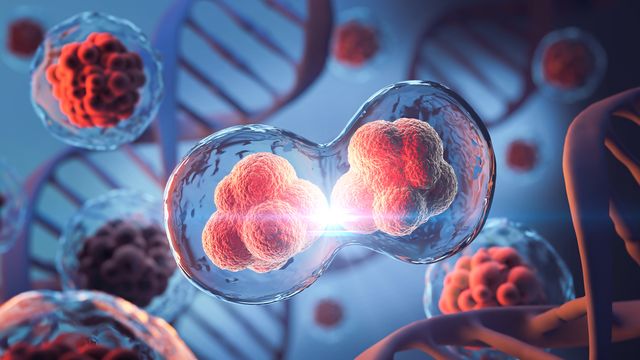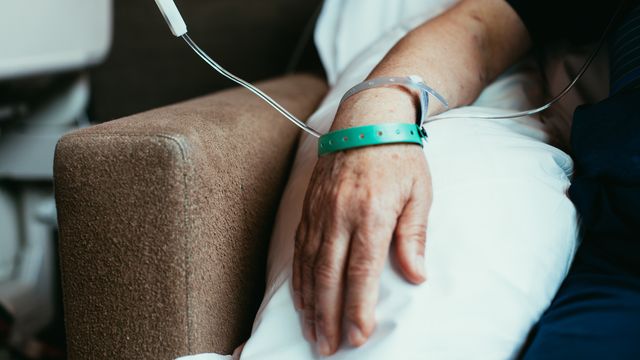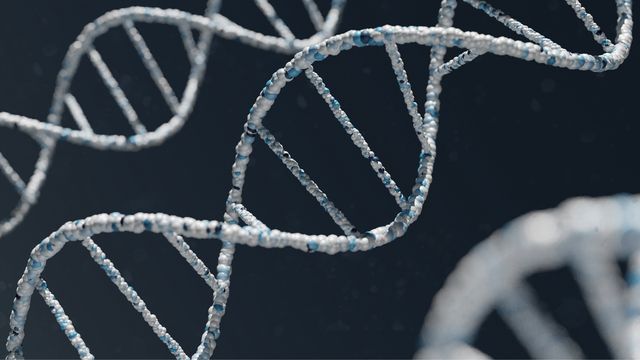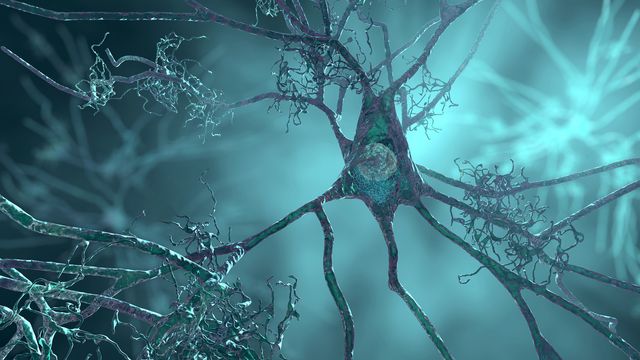Trending News
News

News
Drugs Targeting “Zombie” Cells May Benefit Some Older Women, but Not All
Senescent cells can't divide but can drive chronic inflammation and tissue dysfunction linked to aging and chronic diseases. In a new trial, treatment with intermittent senolytic treatment had beneficial effects on bone formation.
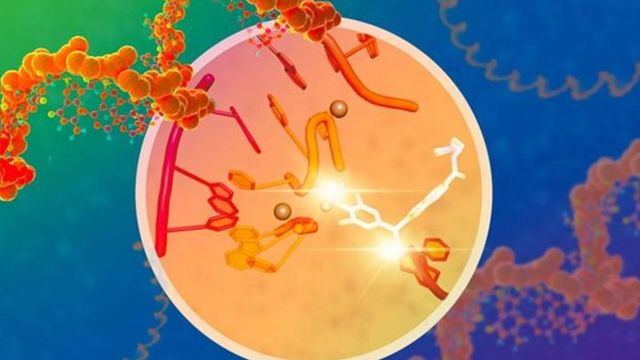
News
Small Molecules Offer New Approach for Modulating Genetic Splicing
Researchers have uncovered how small molecules can modulate genetic splicing, offering a new approach to identifying drugs that act on genetic mutations.
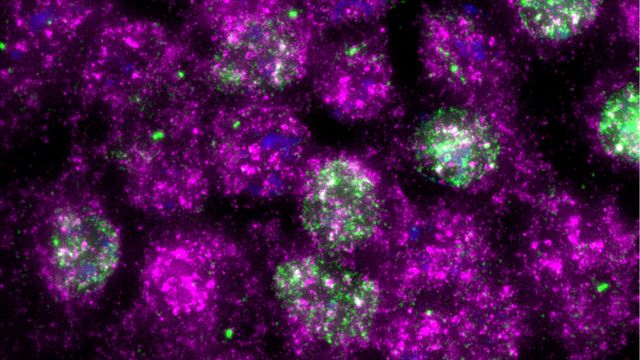
News
UV Damage Leads to Ribosomes Roadblocks, Resulting in Skin Cell Death
While UV radiation has long been known to damage DNA, it also damages mRNA, and the findings of a new study indicate that mRNAs act as first responders in telling the cells how to manage the stress.
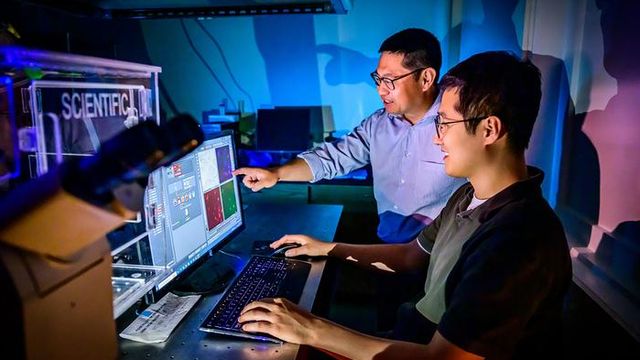
News
New Method Uses Light to Induce Inflammatory Cell Death
University of Illinois researchers developed a method to precisely target cells for inflammatory cell death using light. The ability to precisely initiate this process in a small area is important for cancer and other diseases.

News
Tattoo Inks Found Contaminated with Harmful Bacteria
Researchers have detected anaerobic and aerobic bacteria in commercial tattoo and permanent makeup inks. The findings demonstrate that the inks could be a source of human infections.
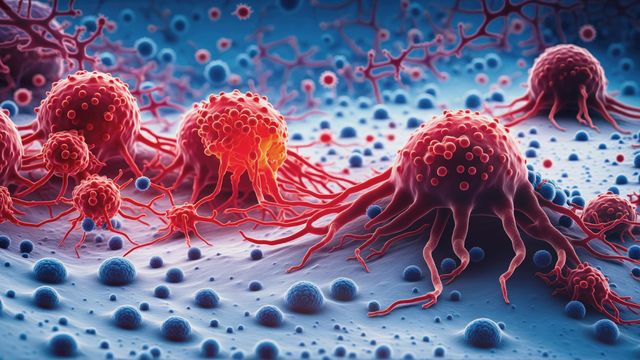
News
Compounds Discovered That Convert a Protein Into a “Tumor Killer”
Oregon State University researchers have discovered compounds that convert a protein known for protecting cancer cells into a tumor killer.
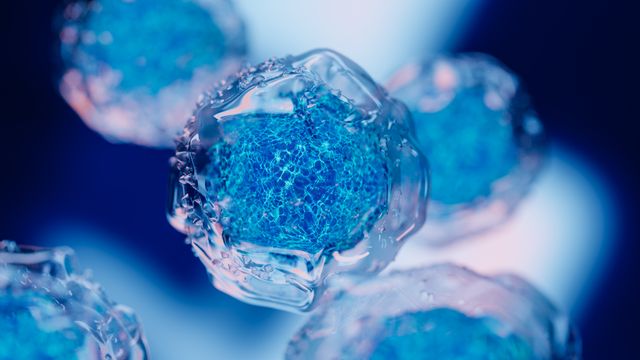
News
Researchers Dissect How Fluctuating Energy Sources Drive Microbial Bioproduction
In the work of biomanufacturing, tanks of microbes are fine-tuned to produce compounds that can be used as carbon-neutral fuels, chemicals, materials and medicines, but researchers are still learning the basics of how to turbo charge for production.
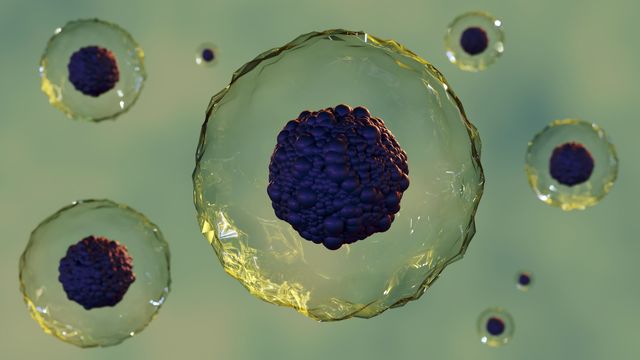
News
Calorie-Storing Fat Cells Can Be Turned Into Calorie-Burning Fat Cells
UCSF study finds that switching off a protein in white fat cells could open the door to developing a new class of weight-loss drugs.
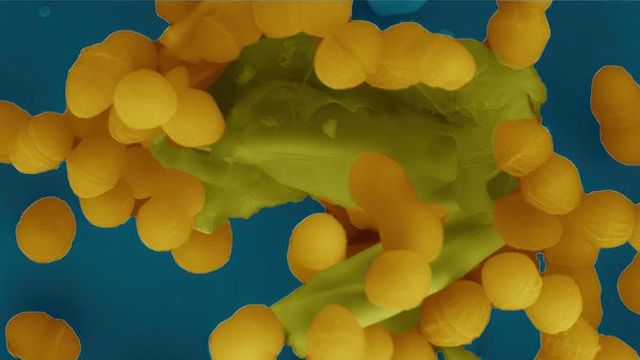
News
Understanding How Bacteria Share Antibiotic Resistance
A study provides new clues in the understanding of how antibiotic resistance spreads. The study shows how an enzyme breaks down the bacteria's protective outer layer, the cell wall, and facilitates the transfer of genes for resistance to antibiotics.
Advertisement
